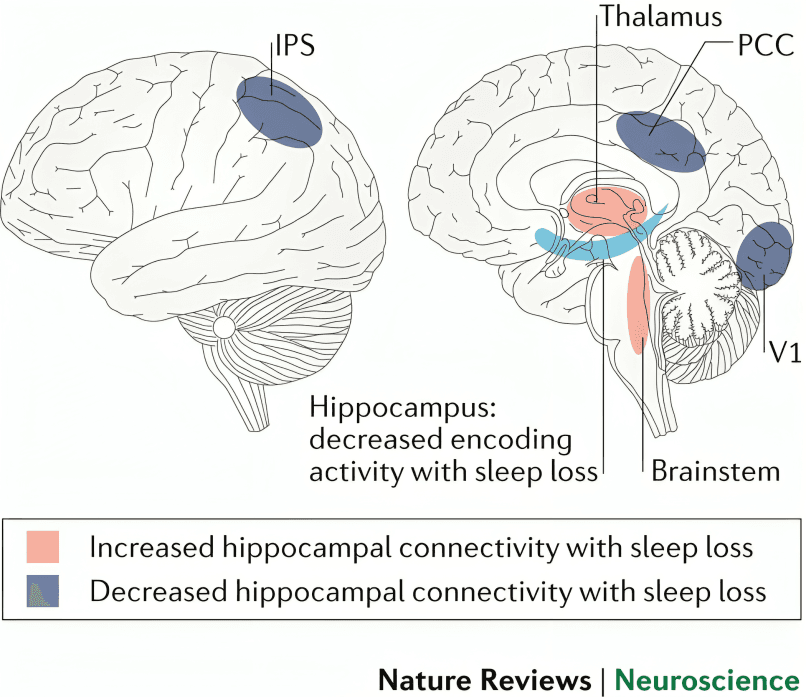
“
In today’s fast-paced and emotionally demanding world, understanding facts about building mental resilience is more than just a skill—it’s a vital foundation for sustainable well-being. This isn’t just about mental toughness—it’s about emotional flexibility, inner clarity, and developing a long-term approach to psychological stamina. This blog will guide you through proven methods, real-life applications, and overlooked practices that will show you exactly the facts about building mental resilience and carrying that strength through every layer of life.1
1
”
Engaging in regular exercise like walking or lifting weights reduces stress hormones and boosts endorphins. This helps regulate emotions, supports mental clarity, and builds a stronger, more resilient response to daily challenges. 1
The ancient Greek philosopher Epictetus believed that our perceptions—not external events—shape our emotional well-being. His teachings inspired Cognitive Behavioral Therapy (CBT), which helps people to build psychological flexibility. 2

Getting consistent, high-quality sleep improves memory, mood, and brain function. Sleep restores your nervous system overnight, helping you approach life with greater patience, focus, and emotional resilience throughout the day.
Spending time with supportive people builds a strong emotional foundation. Whether family, friends, or a community, meaningful connections foster security, reduce anxiety, and make it easier to navigate tough times with confidence. 3
Setting achievable goals and breaking them into steps builds mental strength. Small wins reinforce belief in your ability to cope, making you more adaptable and less likely to be discouraged by setbacks. 4
Reflecting on past hardships helps you learn from experience. By analyzing how you overcame difficulties before, you increase your confidence in facing future stress, making you mentally stronger and more solution-focused. 5
Self-compassion means treating yourself kindly during failure or pain. Instead of being harsh, resilience grows when you support yourself like a friend—reducing inner criticism and helping faster recovery from emotional setbacks. 6
Solving problems actively rather than avoiding them builds confidence. Tackling challenges head-on trains your brain to stay calm under pressure, improving your ability to adapt, adjust, and make thoughtful decisions during stress. 7
Reducing your exposure to distressing media limits unnecessary anxiety. Choosing uplifting or neutral content protects your mental energy, helping you stay resilient by focusing on what truly needs your emotional attention. 8

A daily routine gives structure and predictability to your life. When things feel uncertain, routines anchor you, giving your brain something stable to rely on, which improves resilience in chaotic times.
Practicing relaxation methods like deep breathing, yoga, or visualization activates your body’s calming system. This reduces stress and supports emotional balance, making it easier to bounce back from pressure and setbacks. 9
Helping others through volunteering or kindness builds purpose. This outward focus strengthens mental resilience by shifting your perspective, boosting self-worth, and reinforcing your ability to make a positive impact despite challenges. 10
Flexibility in thinking helps you adapt to change without breaking. Mental resilience improves when you accept new ideas, shift strategies, and face uncertainty with openness rather than fear or frustration. 11
A nutritious diet fuels your brain and body. Nutrients like omega-3s and vitamins improve mood and cognitive function, making it easier to think clearly and stay emotionally strong in stressful situations. 12
Avoiding drugs and limiting alcohol protects emotional stability. These substances can disrupt brain chemistry and impair decision-making, reducing your ability to manage pressure and face life with resilience and balance. 13
Spiritual or religious practices provide meaning and direction. Whether through prayer, meditation, or community, this connection builds resilience by giving you inner peace and strength during emotionally demanding moments. 14
Writing in a journal can clarify emotions and reduce mental clutter. This habit encourages reflection, tracks growth, and strengthens resilience by helping you make sense of challenges in a personal, private space. 15
Forgiveness therapy, advocated by clinical psychologist Dr. Robert Enright, reduces anxiety and depression by helping individuals release resentment. This emotional release boosts resilience by reducing chronic stress in the brain and body. 16

A sense of humor helps you reframe stressful moments. Laughing at life’s absurdities can lighten your emotional load, reduce tension, and make problems feel more manageable when they’re not taken too seriously.
Learning new skills sharpens your thinking and builds confidence. Embracing change and growth enhances mental flexibility, which prepares you to handle future stress with greater creativity and resilience. 17

